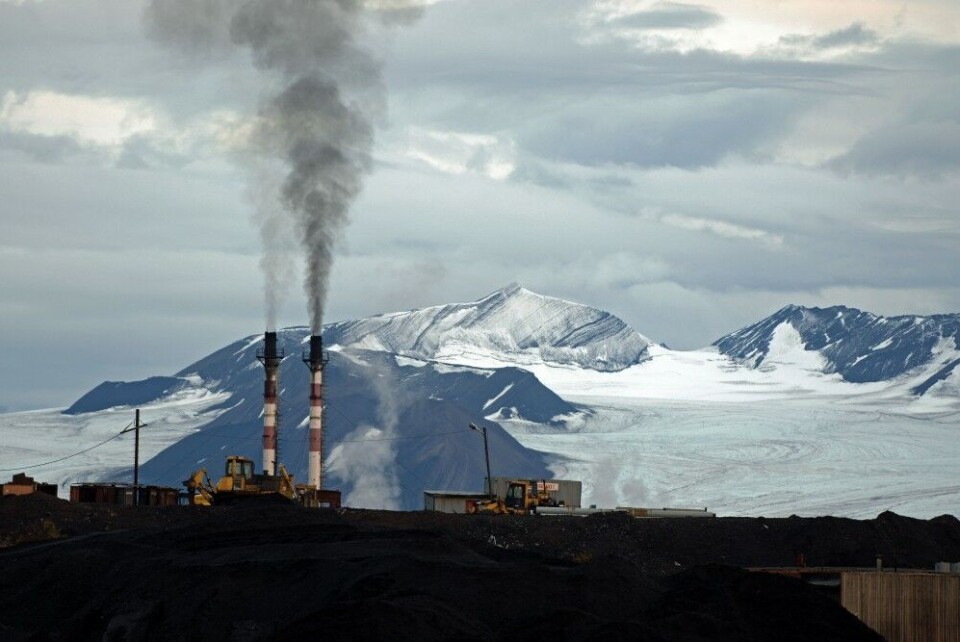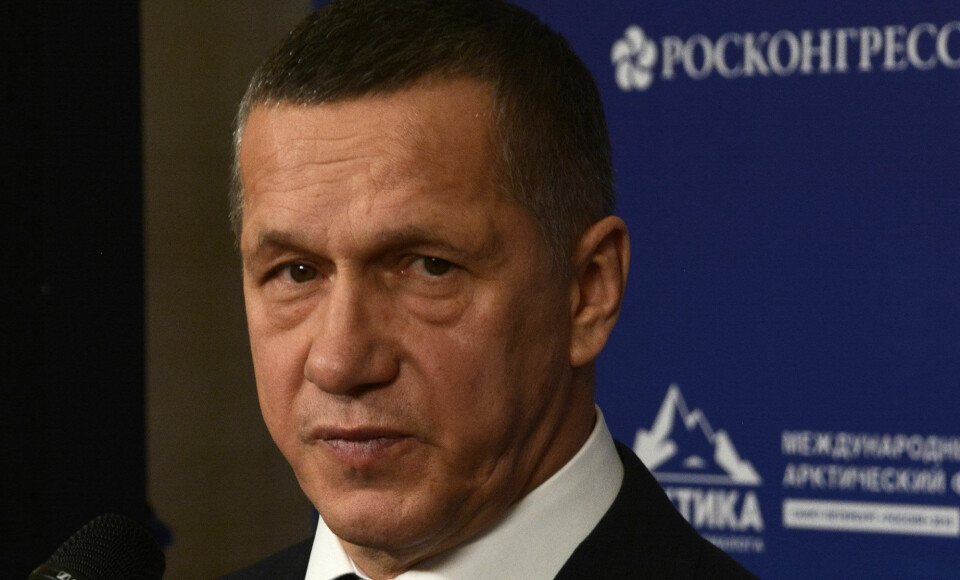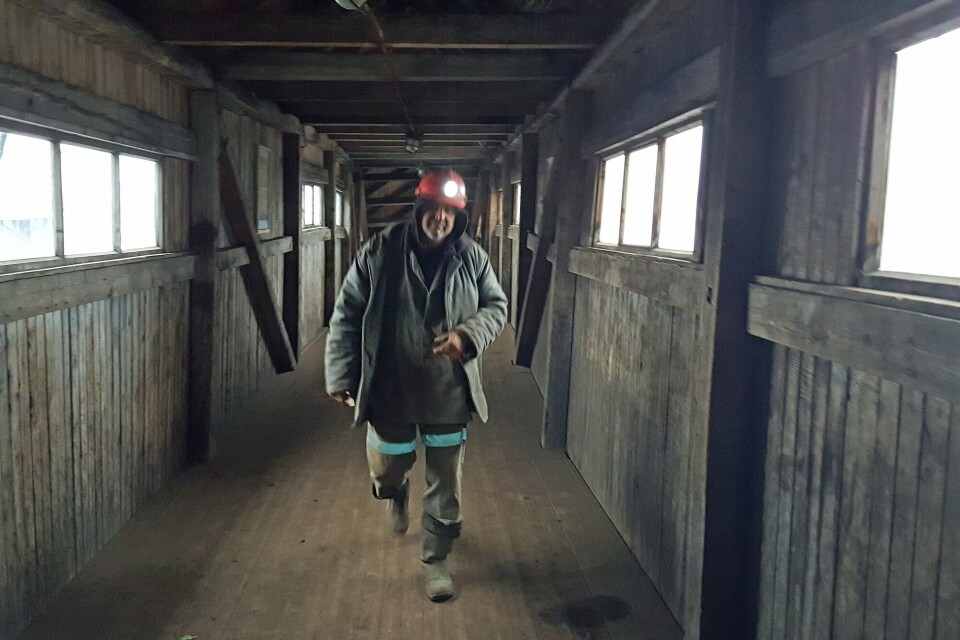
Russia's coal-fired power plant in Svalbard faces overhaul
The modernisation of the polluting object is necessary for cuts in CO2 emissions, a Russian government commission decides.
The coal plant in Barentsburg was on the agenda in a recent meeting in the Commission on Russian presence in the archipelago of Spitsbergen.
According to the commission, the reconstruction of the plant must be undertaken in order to reduce emissions of polluting substances, including CO2.
The commission also discussed a cut in local coal production.
Coal digging in the archipelago must be reduced in order to meet international climate commitments, as well as environmental standards set by Norway, the Russian Government informs.

The commission is chaired by Deputy Prime Minister Yuri Trutnev.
The high-ranking official opened this month’s commission meeting by highlighting President Putin’s stress on Artic developments.
“President of the Russian Federation Vladimir Vladimirovich Putin has repeatedly talked about the Arctic as a strategically important territory where practically all aspects of national security is concentrated,” Trutnev told his fellow commission members. Among them are a number of leading representatives of government bodies, security agencies and the Armed Forces.
As Russia over the past years has boosted its military and economic presence in the Arctic, the role of Svalbard has gained increasing geopolitical weight.
In 2020, Russia adopted a new government strategy on Russian presence in the archipelago. The strategy document covers a ten-year period and is accompanied by five year action plans.
Svalbard is part of Norway, but the Svalbard Treaty from 1920 grants individuals and companies from signatory states the right to engage in economic activity.
State company Arktikugol has been represented in the archipelago since the 1930s, and remains instrumental for the coal digging in Barentsburg.
At most, the remote Arctic town had a population of more than a thousand, many of them Ukrainians. The locals were digging coal in one of the world’s northernmost mines and were crucial for Moscow’s foothold in the remote Norwegian island.

Over the last decades, both population and industry has been in strong decline, and the increasingly deep coal mine has delivered shrinking volumes.
In 2018 an estimated 130,000 tons were extracted, of which about 30,000 tons were burned at the local coal power plant, providing heat and electricity to the settlement.
The decline notwithstanding, Moscow continues to see the Norwegian archipelago as an area of key strategic interest.
The plans for a modernization of the Barentsburg coal plant come as Norway is about to close its last remaining coal mine in the archipelago. On the 15th of September, town authorities in Longyearbyen decided to close the local coal power station by fall 2023. The small settlement will subsequently install a diesel-fuelled power station and then later develop a fully renewable energy supply, local company Store Norske informs.
















